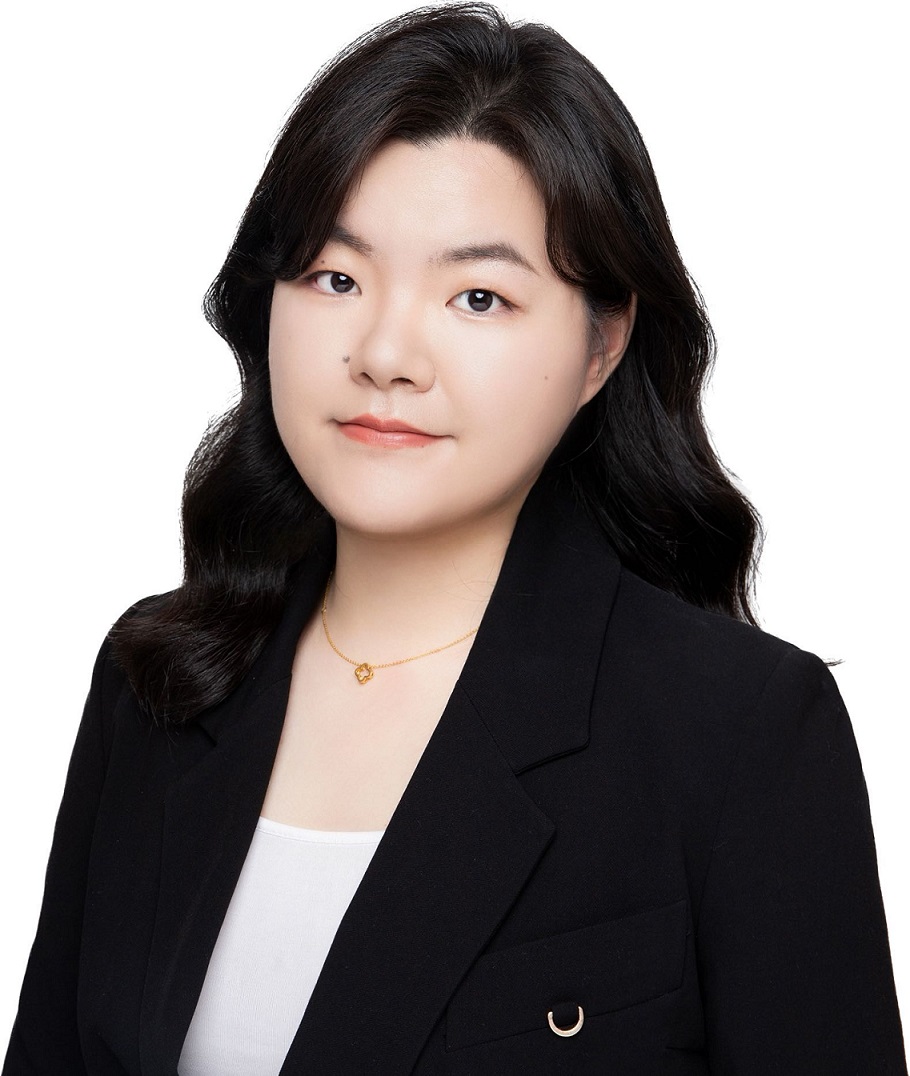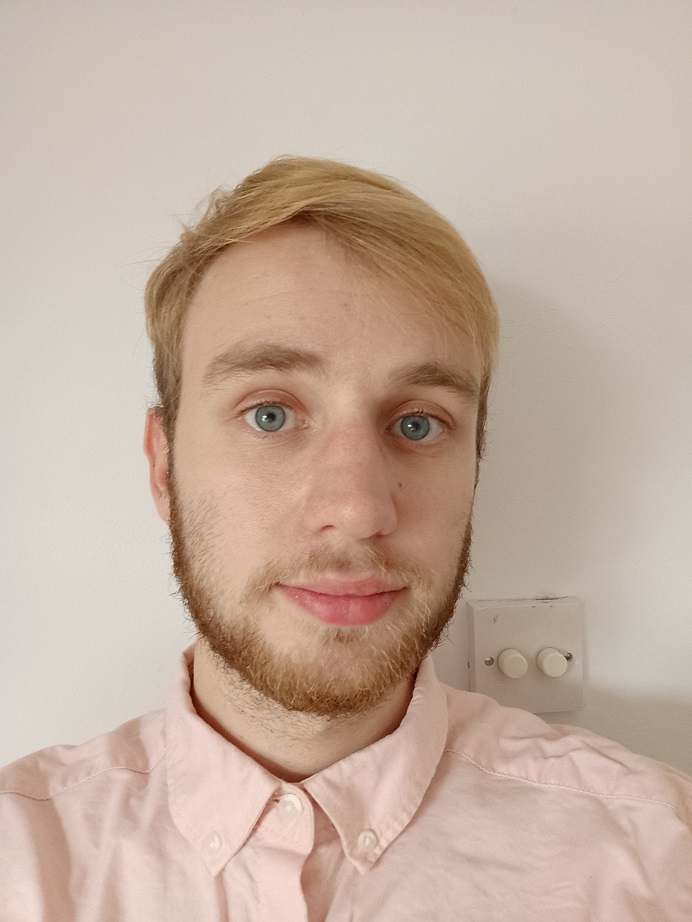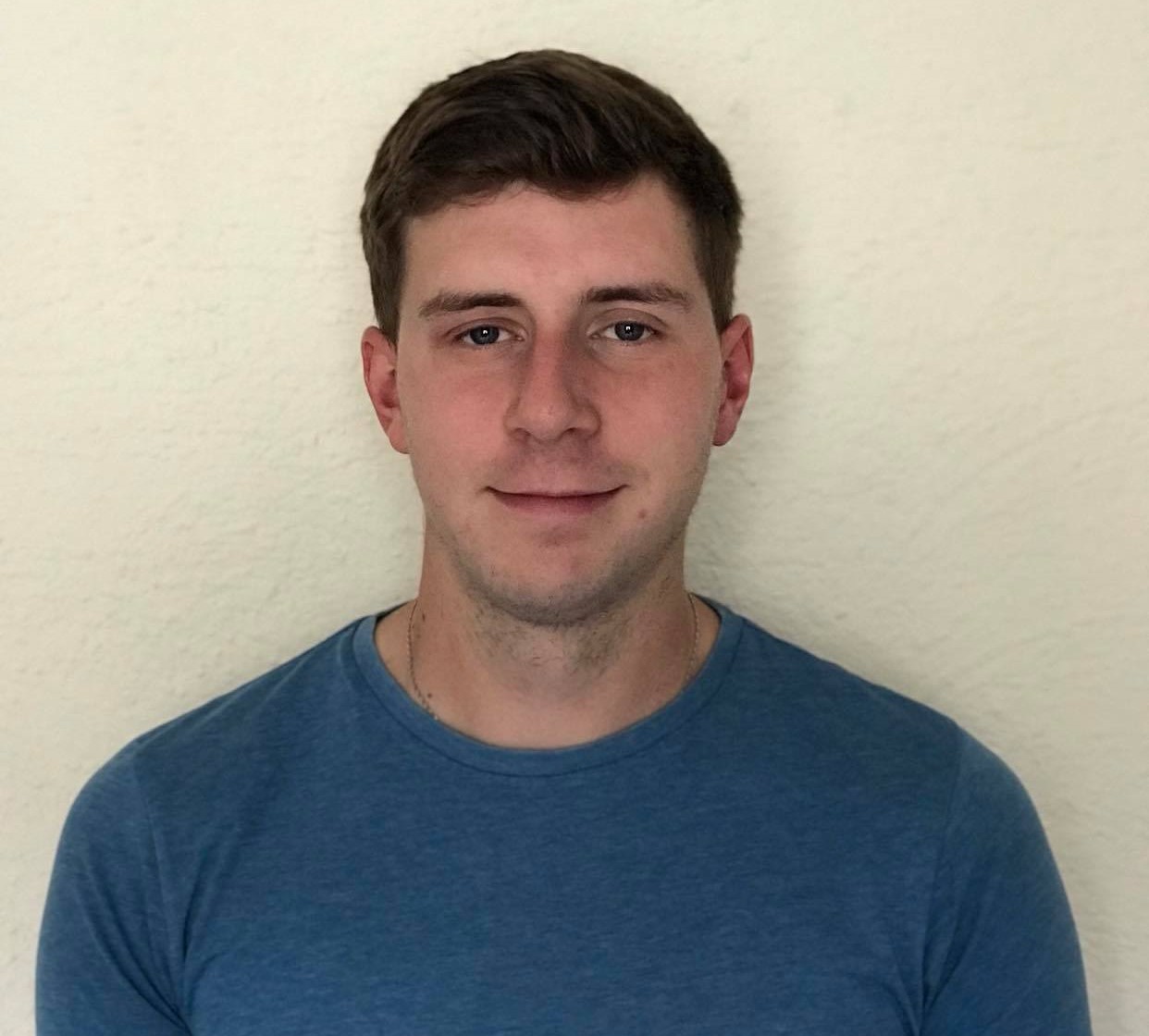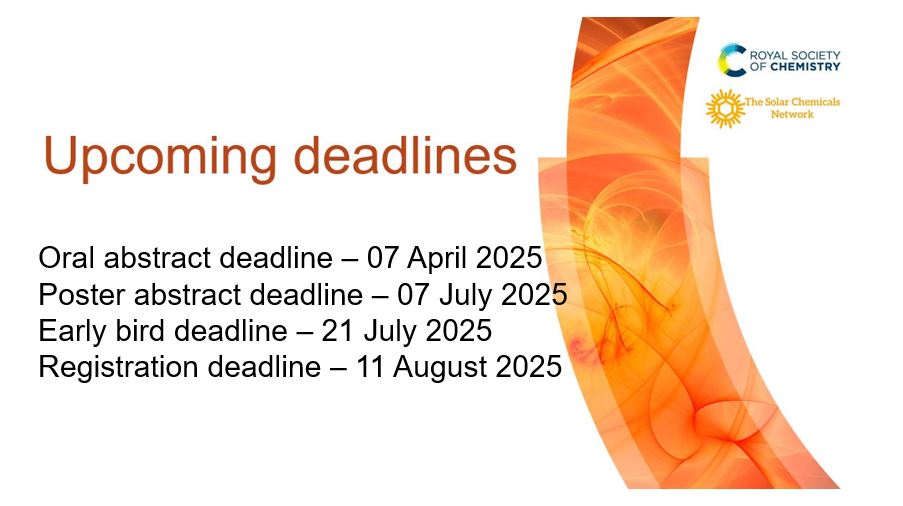 Chen Han (Chair), University of Cambridge, United Kingdom
Chen Han (Chair), University of Cambridge, United Kingdom
Dr. Chen Han is a Postdoctoral Research Associate in Prof. Erwin Reisner's group at the University of Cambridge. She received her Ph.D. in Chemical Engineering from the University of New South Wales, Australia, under the supervision of Prof. Rose Amal in 2024. She is currently working on solar fuels research, focusing on catalytic processes and advanced characterizations for synthesizing sustainable fuels and chemicals from water, CO2 emissions, and chemical wastes.
 Cathal Burns, Northumbria University, United Kingdom
Cathal Burns, Northumbria University, United Kingdom
Cathal Burns is a PhD student at the Northumbria University working on semi-artificial photosynthetic biohybrids for solar chemical production. He received his MChem in Chemistry at the Newcastle University. During his MChem, Cathal competed a master’s thesis studying the effect of plasmonic coupling between gold nanoparticles and dyes to enhance luminescence within mesoporous silica host-guest systems. Currently, Cathal is focusing on integrating electrotrophic microbes with semiconductor materials for photoelectrocatalytic conversion of CO2 to C2+ chemicals. His research also focusses on studying the fundamental mechanisms occurring at the biointerface with ultrafast time-resolved spectroscopy.
 Nathaniel Hill, University of Liverpool, United Kingdom
Nathaniel Hill, University of Liverpool, United Kingdom
Nathaniel Hill is a PhD student specialising in the non-linear spectroscopy of electrochemical systems as part of the Department of Chemistry at the University of Liverpool and the Central Laser Facility (CLF) at the STFC Rutherford Appleton Laboratory (RAL). He received his MChem from the University of Warwick (2022) after completing a computational study of catalytic Hydrogen Evolution Reaction on Transition Metal Dichalcogenide monolayers. During this time, he also studied Upconversion photochemical solutions in conjunction with photocatalysis at the Chalmers University of Technology (CUoT) (2021). His current research focuses on using non-linear spectroscopy to understand the operando physical properties of membrane-based water electrolysers.
 Ewan McQueen, University of Strathclyde, United Kingdom
Ewan McQueen, University of Strathclyde, United Kingdom
Ewan McQueen is a PhD student at the University of Strathclyde working in solar fuels research. He received his MSci in Chemistry at the University of Glasgow involving a master's project studying water soluble supramolecular cage complexes for host-guest capture. His MSci also involved a European placement at Humboldt University of Berlin working on molecular catalysts for photocatalytic carbon dioxide reduction. His current research focuses on conjugated polymers as photocatalysts for use in photocatalytic hydrogen production, as well as hybrid systems of conjugated polymers and molecular catalysts for photocatalytic carbon dioxide conversion.
















